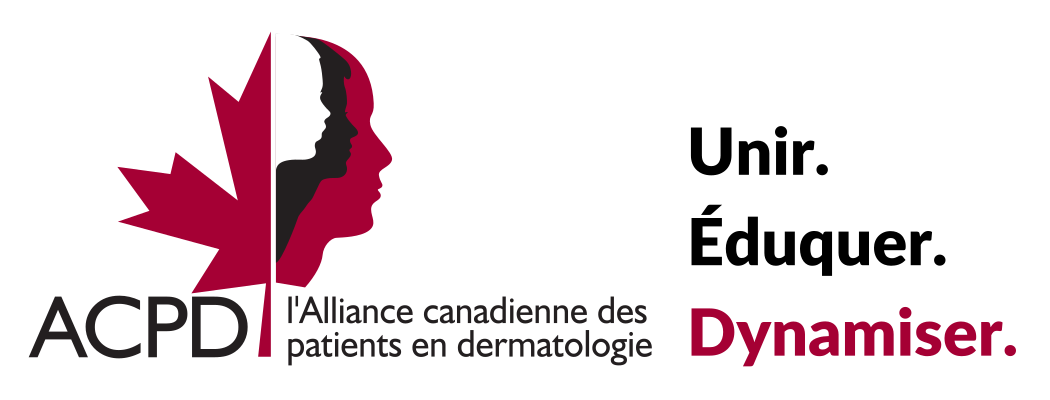A diagnosis of oral herpes is usually made following a visual examination by a doctor, though swab culture testing or blood tests may be performed to confirm the presence of HSV-1.
As the symptoms of genital herpes are variable, people with a lesion of any kind (blister, ulcer or sore) should see a medical professional for testing. A diagnosis of genital herpes is usually made following a visual examination, but swab testing may be conducted to confirm the diagnosis. Laboratory tests include microscopic examination and blood tests for antibodies to HSV-2.
Diagnosis of herpes zoster can be difficult before the blisters appear, but the sensation of pain in a band on one side of the body can be a clue. However, an accurate diagnosis typically follows the appearance of a rash combined with knowledge of a previous case of chickenpox or shingles. Testing is not usually needed but may include tests on blood or blister fluid.
There is no cure for either type of herpes infection at this time. However, a vaccine that may prevent herpes zoster has been approved. However, vaccines cannot treat shingles or post-herpetic neuralgia once they have started.
Although there is no cure for the virus, the symptoms of herpes can be treated.
Many patients with oral herpes choose not to treat cold sores unless the outbreaks are severe or frequent. Patients with genital herpes are more likely to undergo treatment. Three oral anti-viral medicines are approved for treatment of genital herpes:
- Acyclovir
- Famciclovir
- Valacyclovir
The drugs work by attacking the virus and disrupting its ability to multiply. All are safe to use; nausea and headache are the most common short-term side effects. No long-term side effects have been reported. Antiviral drugs are commonly prescribed for patients to treat primary infections, but they can also be used for recurrent infections. One of the drugs, valacyclovir, has been shown to reduce the risk of transmitting the virus to a partner.
Two kinds of treatment regimens are prescribed:
- Episodic therapy: Medication is taken at the first sign (even during the “warning symptoms” phase) of a recurrent outbreak and continued for several days. This speeds healing and may prevent an outbreak from being fully expressed. Some evidence indicates that there may be little benefit to taking the medication once lesions have appeared.
- Suppressive therapy: There are no approved oral anti-viral medications for oral herpes. For patients with frequent or severe outbreaks, some physicians will prescribe the oral anti-viral drugs approved for genital herpes. Two topical anti-viral medications (aciclovir ointment and penciclovir cream) are available by prescription to speed up healing of lesions and reduce viral shedding. Over-the-counter creams are also available, but only one, containing docosanol, has been approved and proven to speed healing.
Herpes zoster often disappears on its own. Treatment is usually directed at symptom relief with the following types of medications:
- Antiviral medications: If herpes zoster is diagnosed early, acyclovir or other antiviral medications may be prescribed to shorten the duration of the illness, minimize pain and reduce the chances of complications. Antiviral medications may also help those patients with compromised immunity or severe cases of shingles. Antivirals work best when started within 24–72 hours after the pain begins.
- Corticosteroids: Corticosteroids such as prednisone can reduce inflammation and lower the risk that post-herpetic neuralgia may develop, particularly in elderly patients. Corticosteroids are prescribed cautiously and seldom due to possible adverse effects.
- Analgesics (pain relievers): Mild pain may be controlled with over-the-counter medicines containing acetaminophen or ibuprofen. If pain is severe, a doctor may prescribe stronger medication.
- Antihistamines:Itching may be relieved by applying antihistamine creams or lotions topically (directly to the body) or taking antihistamine preparations orally (by mouth).
Natural treatments: A variety are available:
- Creams containing capsaicin (extracted from peppers) may help prevent post-herpetic neuralgia.
- Cold, wet compresses reduce pain.
- Oatmeal baths, starch baths and calamine lotion ease itching and discomfort.
In addition, researchers are exploring new methods for treatment for the herpes viruses and their complications. For example, the National Institute of Neurological Disorders and Stroke (NINDS) conducts shingles research. As well, new drugs and treatments may be tested now through clinical trials across Canada. To learn more about possible new treatments, visit our clinical trials page [link to CSPA clinical trials page].
Footnotes
*All information on medical treatments on this site is provided as an overview only. For a complete and up-to-date list of side effects, warnings and precautions, read the product’s package insert and consult your doctor or a pharmacist.
**If you are considering an alternative or complementary therapy, discuss it with your doctor first, and always be sure to keep your doctor up to date about any vitamins, supplements, or other forms of alternative treatment you are taking. Like any medication, alternative therapies can interact with other medications/treatments and, in some cases, have side effects of their own. Remember that “natural” does not necessarily mean “safe.”











